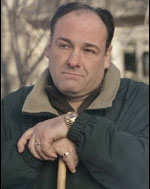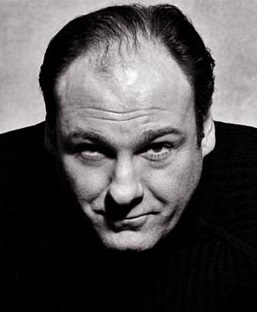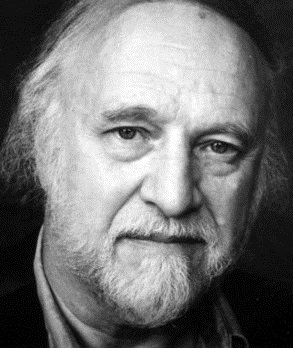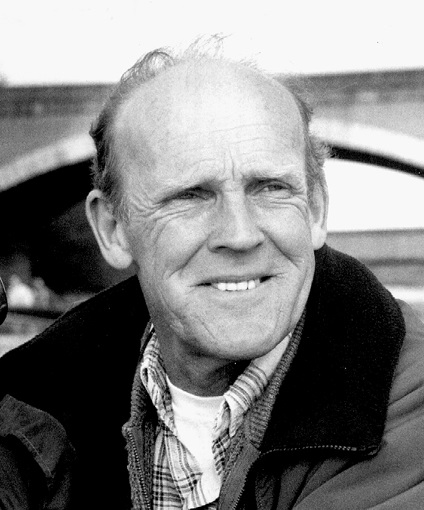
“A question in your nerves is lit, yet you know there is no answer fit.” To the consternation of many, David Chase ends eight years and six seasons of The Sopranos with a cut-to-black and (more problematically, to my ears) Journey’s “Don’t Stop Believing.” (Obviously, I preferred the soundtrack to AJ’s exploding SUV.)
I too thought the cut was a bit abrupt at first, but, after awhile, it grew on me. Life goes on at the Sopranos compound much as it has this past age, with a piano hanging ominously over Tony’s head and Carm, Meadow, and even the recently-awakening AJ all once again at peace with his ill-gotten mobster gains, thanks to the “Made in America” trifecta of denial, materialism, and onion rings.
Six seasons of talk therapy notwithstanding, people on The Sopranos (as in our world) never tended to change much, nor did they usually receive any comeuppance for their bad behavior (although Phil Leotardo might have something to say about that.) So Tony, still the king of his castle for now, blasting Steve Perry and looking over his shoulder, seems as good a way to end the show as any. If you’d prefer to see him go down in a hail of bullets, you can imagine it thus. More likely, to my mind, is he either ended up like Johnny Sack, withering away in prison, or Uncle Junior, withering away out of prison. Either way, the larger world ultimately has little use for Tony’s deeds and misdeeds, and will eventually forget him as it forgets everything. (As Tony lamented several times, “What ever happened to Gary Cooper?”)
Nevertheless, as The Sopranos often reminded us, the end can come at any moment — and it will come — so enjoy the good times and take what solace from life as you can, be it from a family of ducks in your swimming pool, a Beamer that gets 28 miles in the city, or a nerve-wracking family dinner at Holsten’s.




